The chief justice and democracy
We may be moving towards new balance between executive, parliament & judiciary,‘trichotomy of powers’ in Constitution.
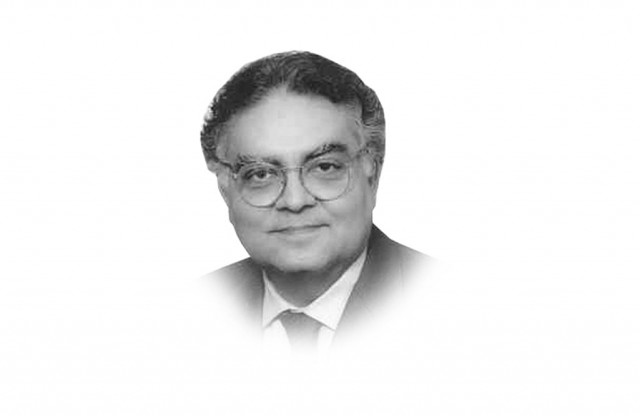
The Chief Justice’s response to the grave accusations made in the media was courageous and honourable. He took the bull by the horns and through suo motu action hauled up his own son before the Court so that justice may be done without fear or favour. Having initiated the proceedings against his son, the CJP with due propriety withdrew from the bench so that justice may be served. This conduct is becoming of his exalted station and in the highest traditions of justice.
As the case unfolds, on the face of it, the matter seems simple: if the accusations made publicly by some prominent media persons are to be credible, then they would have to be substantiated by evidence. The so-called dossiers documenting Dr Arsalan’s wrongdoing and which the accusers claim are in the possession of Mr Riaz, would not only have to be produced, but would have to stand scrutiny as admissible evidence. Even if the allegations are proved, the question remains, how can a father be held responsible for the follies of an adult son? They would have to show whether, and in what way, the son influenced the judgments in Bahria cases that were or are before the Supreme Court.
Yet, legal matters are seldom so simple when they are situated in the heat and dust of political struggle. Consider the political context of the present case. The Chief Justice by earlier defying a dictator had inspired a historic citizens’ movement that restored the judiciary to a position of independence, a necessary condition for democracy. At the same time, the people demonstrated through their blood and toil that they stand ready to preserve, protect and defend the Constitution. It was what Rousseau called the ‘general will’ that was manifested with such intensity and heroic sacrifices from unknown citizens to a former prime minister: Benazir Bhutto.
Chief Justice Iftikhar Muhammad Chaudhry, having inspired a popular movement for democracy, in turn, drew strength from the popular will as he led the judiciary with a boldness, clarity and sense of justice not seen before in Pakistan’s history. Some of the most powerful elements within the state structure were held to account under the Constitution: the military and intelligence agencies on the missing persons’ case and the Mehran Bank case of graft to political parties coordinated allegedly by the military; the contempt case against the prime minister, the rental power companies case involving powerful local and foreign interests, and the Reko Diq case to recover national and Baloch rights over copper and gold deposits, which were apparently being given away for a song.
The assertion of judicial independence was inseparable from the heightened contention between various organs of the state. The contention arose from the attempt by some political forces to bring the power structure into alignment with the Constitution, in the actual practice of governance: the elected civil authority, the military, parliament, the judiciary and now parts of the media are the protagonists in this power play.
The power struggles within the state structure, as well as the activism in civil society, constitute the dynamics of democracy in Pakistan. We may be moving towards a new balance between the executive, parliament and the judiciary, a ‘trichotomy of powers’ that is envisaged in the Constitution. For this positive outcome, however, it is necessary that the judiciary should not be made the terrain of political conflict.
Let the Supreme Court maintain its hard won moral authority. Let the various organs of the state eschew conflict to save this hard won state.
Published In The Express Tribune, June 12th, 2012.

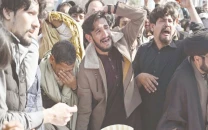

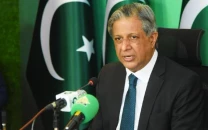
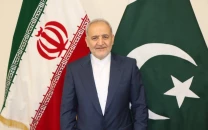
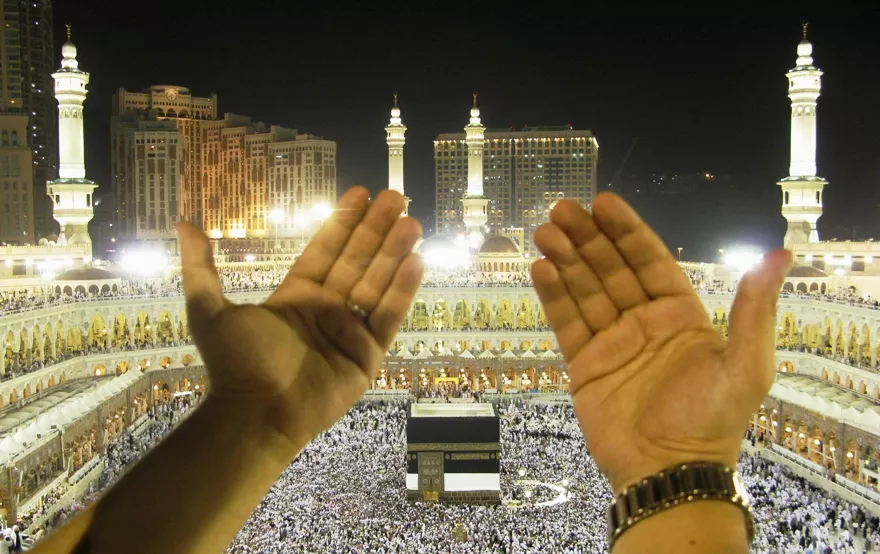
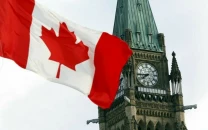












COMMENTS
Comments are moderated and generally will be posted if they are on-topic and not abusive.
For more information, please see our Comments FAQ